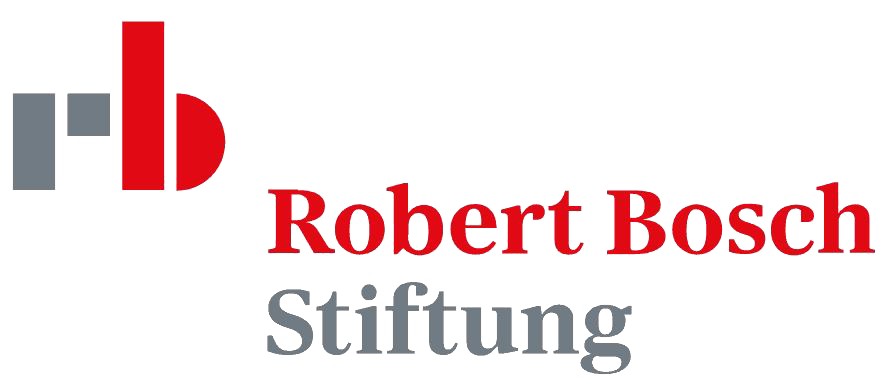
Net Zero and Land Rights: how our climate goals drive land demand and shape people's lives
This publication examines the complex interplay between carbon markets, land governance, and community rights. It calls for climate action rooted in secure land tenure and inclusive decision-making.
TMG Research and Robert Bosch Stiftung’s Net Zero and Land Rights showcases how net-zero goals – coupled with traditional land demands for agriculture, housing, energy and more – are driving unprecedented global land demand: often at the expense of Indigenous Peoples and local communities.
Explore this dedicated website featuring its concise chapters, evidence-based analyses, shareable graphics, and the full publication. netzerolandrights.com
About this publication:
Governments and companies are increasingly relying on land-based carbon sequestration, such as tree planting and forest protection, to offset emissions. Voluntary carbon markets have emerged as the primary channel for international land-based carbon investments, creating a new dimension to global land competition. Verra's Voluntary Carbon Standard has registered projects covering nearly 24 million hectares—roughly the entire land area of the United Kingdom—with over 90 per cent registered since just 2017. This scale rivals the controversial global land rush of the 2000s, when international investors acquired about 30 million hectares in low- and middle-income countries.
But carbon credit projects frequently occur in regions characterised by weak rule of law and land tenure systems, fuelling land grabs, environmental damage, and community displacement. This threatens to reshape already contested landscapes and further undermine the rights and access to land of Indigenous Peoples and local communities.
In Africa, where only 9.59 per cent of land is legally recognised as owned by Indigenous Peoples and local communities, customary rights offer limited protection against exploitative carbon market practices. Research shows that Indigenous Peoples and local communities are most effective at protecting ecosystems when their land rights are secure. Despite managing 54 per cent of the world's intact forests, these communities often face severe power imbalances when negotiating with carbon project investors and intermediaries.
For these reasons, land-based carbon projects are subject to severe criticism regarding both their efficacy and social impacts. With expert contributions from organisations at the forefront of this debate - including the European Environmental Bureau, Land Matrix Initiative, Helmholtz Centre for Environmental Research, Potsdam Institute for Climate Impact Research (PIK), Power Shift Africa, Rainforest Foundation UK, and the University of Melbourne - this publication examines how carbon markets add complexity to the climate challenge and explores the intersection of climate goals and land rights. We present evidence of land rights violations caused by carbon projects and call for a human rights-based approach that prioritises secure land tenure, participatory planning, effective grievance mechanisms and shared benefits.


